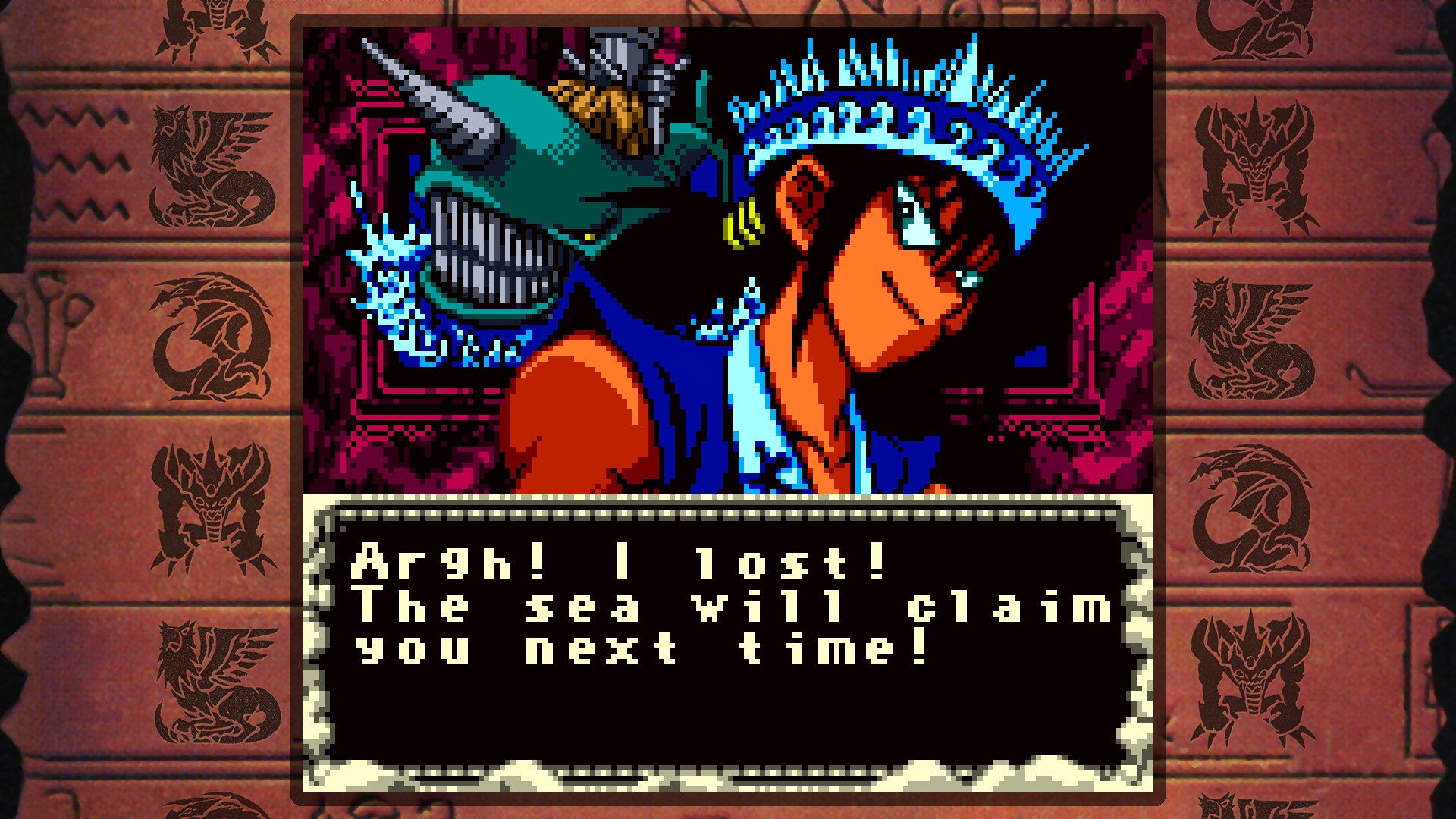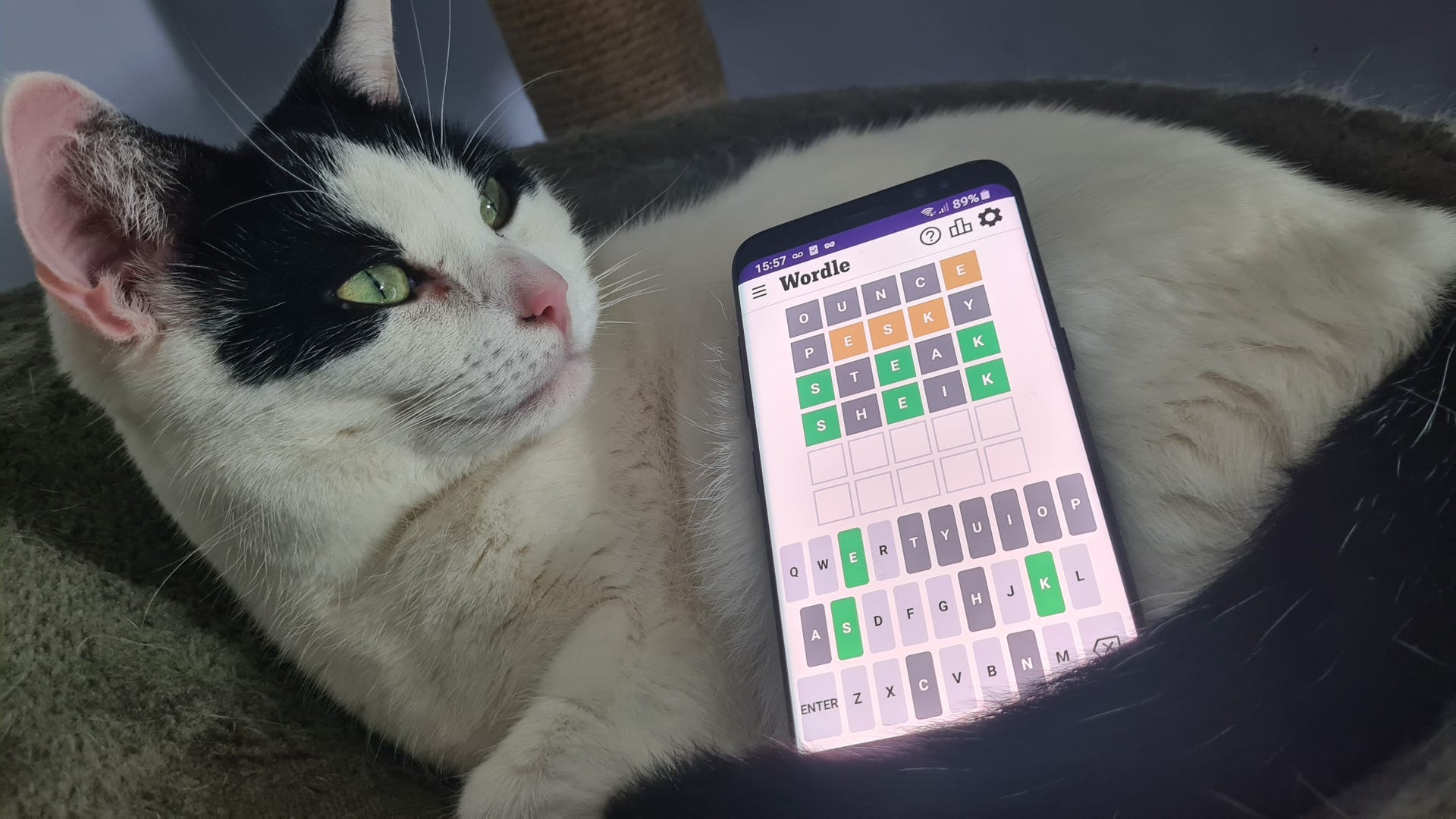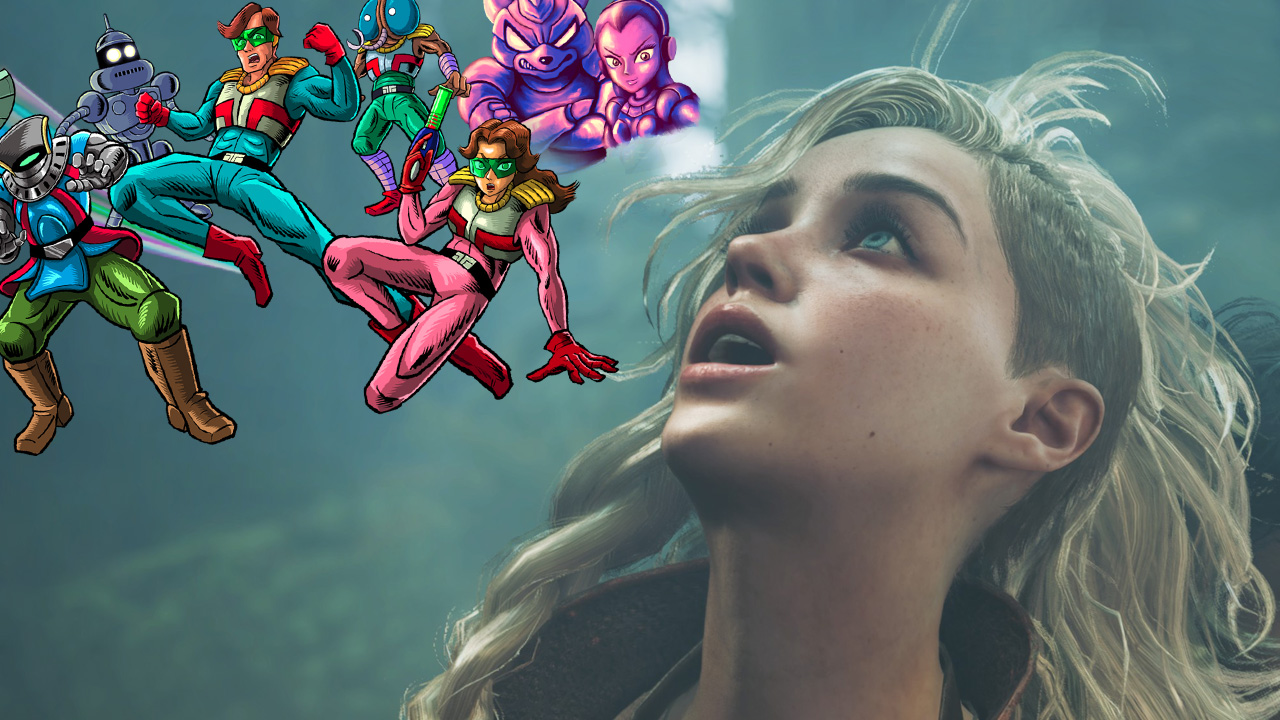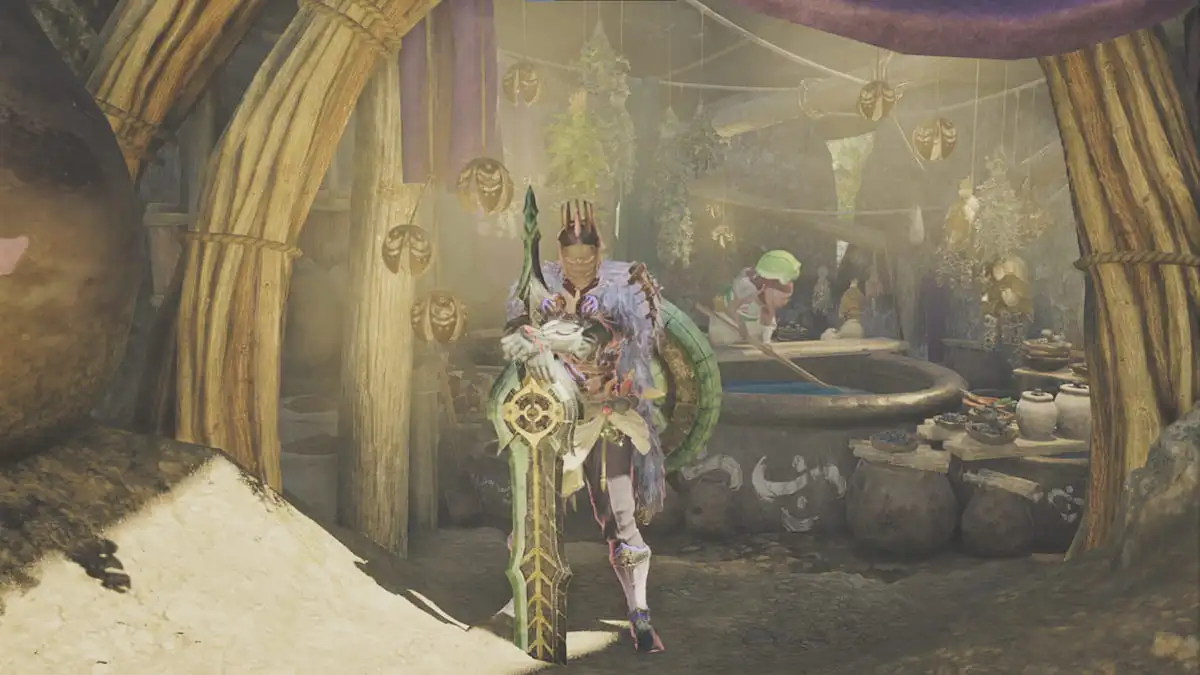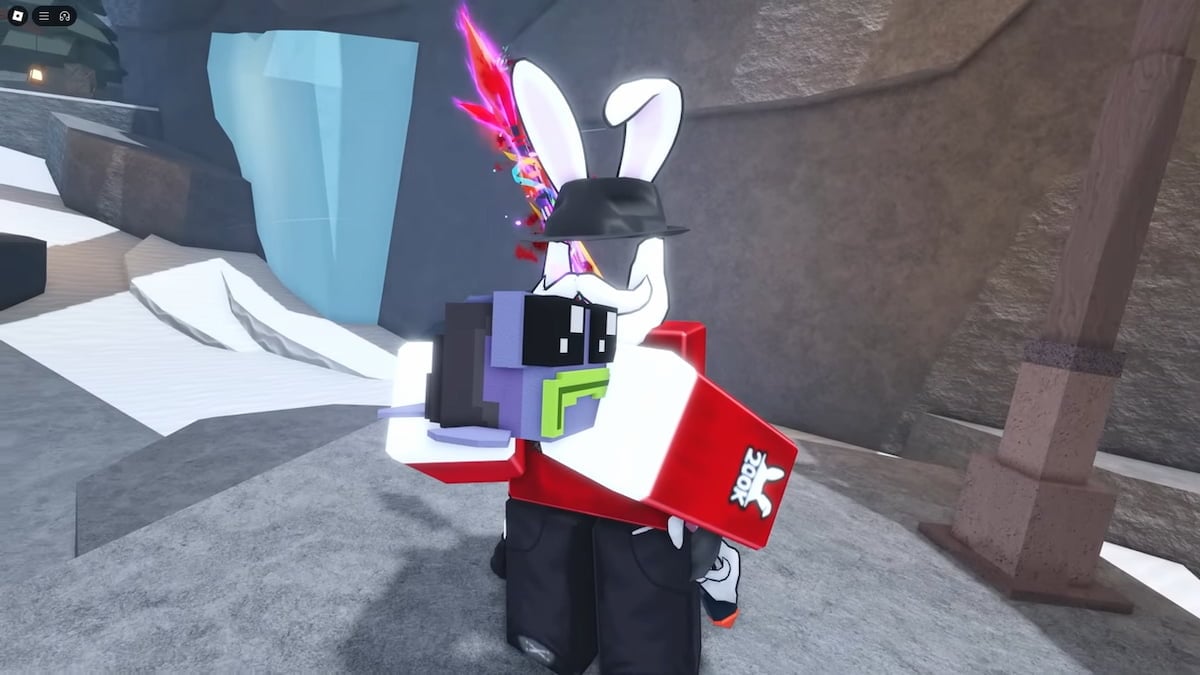
Every Canceled Blizzard Game That We Know of Thanks to a New Comprehensive History of the Studio
For every major game released by a massive AAA gaming company, there are almost certainly piles upon piles of canceled games that we’ll never see, hear, or know about. Some canceled games may have gotten far enough in development that there are builds of them on an office PC somewhere, while others may never have gotten past the phase of creative leads doodling in notebooks and batting ideas about over drinks.
Blizzard Entertainment is no exception, but thanks to dogged reporting, audiences have been able to glean a sizeable snapshot over the years of its canceled catalog. There have been multiple excellent attempts to summarize every canceled Blizzard game we know about, but we think the time is ripe for another one. This is because Bloomberg journalist Jason Schreier has just released a brand new book, entitled Play Nice: The Rise, Fall, and Future of Blizzard Entertainment. In it, Schreier tells the fascinating 30-year history of Blizzard through over 300 interviews of current and former employees. So, naturally, the book includes a number of anecdotes about canceled Blizzard games. Some of them we’ve heard of. Many of them – including a canceled Blizzard Star Wars game, a Warcraft/Pokemon GO hybrid – have never been revealed to the public before.
Using past reports combined with everything we read in Play Nice, we’ve compiled a new, definitive list of every canceled Blizzard project over the years and what we know about it. For more details, you’ll need to check out Schreier’s book, which we also interviewed him about in greater detail last month.
Games People Play
Not much is known about Games People Play and it doesn’t make an appearance in Play Nice, but Games People Play is cited in just about every list of canceled Blizzard games available. It’s listed on MobyGames as a crossword/word game that was in development in the early 1990s at Blizzard.
Crixa
Only meriting a brief mention in Play Nice, Crixa was a top-down 2D space shooter with 3D spaceship models. It was developed by Qualia Games in the mid-90s and was supposed to be published by Blizzard. A final prototype did get delivered to Blizzard, but the game was unfortunately canceled due to not being competitive in the 1996 market, per artist David Seah. Qualia shut down not long after.
Pax Imperia 2
1992’s Pax Imperia, developed by Changeling Studios, reviewed and sold well enough to warrant a sequel, so Changeling partnered with Blizzard to get it done. The game was announced at CES 1995 and planned for a holiday release that year, but that release never came. Blizzard later sold the rights to Pax Imperia to THQ, which then partnered with Heliotrope Studios to release Pax Imperia: Eminent Domain in 1997. At the time, Allen Adham said the game wasn’t progressing as well as Blizzard hoped, and noted that Blizzard was too small to juggle too many projects at once. Pax Imperia 2 is mentioned only briefly in Play Nice alongside Crixia.
Denizen
Denizen has appeared a few times on lists of canceled Blizzard games over the years, but we’ve never had any details about what it actually was until now. It’s only mentioned briefly in Play Nice, but Schreier refers to it as “a dungeon-crawler that was shelved due to lack of resources” sometime in the mid-1990s.
Bloodlines
Surprise! A never-before-mentioned-in-public canceled Blizzard game, revealed for the first time in Play Nice. We don’t have too much in the way of details on Bloodlines, but Schreier calls it “a space vampire game that didn’t resonate with enough staff to justify its existence.” Like Denizen, it was also worked on during the mid-1990s.
Raiko
Raiko is another mysterious game we don’t have much info on. All we know, from a former developer, is that it was a Diablo-style game with a 3D engine set in ancient Japan. It was developed by Flextech would have been published by Blizzard, but was canceled right around the time Vivendi bought the latter company.
Shattered Nations
One of Blizzard’s better-known canceled projects, Shattered Nations was another mid-90s project that never saw the light of day. In Play Nice, Schreier shares a bit more insight – Shattered Nations was inspired by Sid Meier’s Civilization, but unfortunately lead designer James Phinney wasn’t able to convince Blizzard co-founder Alan Adham that a turn-based game was worth pursuing. Adham had just finished convincing creator David Brevik to take Diablo real-time and move away from its turn-based roots, so it sounds like avoiding this style of play was becoming a running theme around this era at Blizzard.
Star Wars game
Briefly mentioned in Play Nice, Schreier reports that in 1995 right around the time Shattered Nations was on the chopping block, Blizzard very, very briefly worked on a Star Wars licensed strategy game. He tells me that while the game never made it past concept art of AT-ATs and excited but broad discussions internally, those conversations did eventually spark the flame that would become StarCraft. Still, it’s fun to imagine what a Blizzard Star Wars might have looked like if it had gotten further along.
Warcraft Adventures: Lord of the Clans
Another very well-known canceled game, Lord of the Clans was a graphic adventure game from the late 90s that followed Warcraft character Thrall in a storyline we’ve since seen replayed in both novel form and in the 2016 Warcraft movie. The game featured point-and-click gameplay and animation inspired heavily by LucasArts games such as Monkey Island. Lord of the Clans was in development for 18 months, but was ultimately canceled due to struggles detailed in Play Nice. The puzzles weren’t clicking, the art style wasn’t working, and a chance encounter with Leisure Suit Larry creator Al Lowe at a trade show discouraged developers after Lowe said, “If you guys can’t make this work, then who can?” The cancelation reportedly cost Blizzard hundreds of thousands of dollars, but the fear of releasing a subpar game won out.
Project X/Starblo
An unnamed project kicked off in the wake of the release of Diablo 2: Lord of Destruction. While half of the Diablo 2 team went on to work on Diablo 3, the other half started work on what they called “Project X,” a messy and non-specific project headed up by David Brevik that at different times was “about kung-fu fighting, the pirates, then team-based superhero strategy.” Eventually, Brevik and Erich Schafer committed to something they called “Starblo.” This was basically a sci-fi take on Diablo that took place in space, with players traveling from planet to planet, collecting guns, and battling aliens. Starblo was ultimately canceled in 2003 as part of an upheaval at Blizzard North. Brevik, Erich Schaefer, Max Schaefer, and Bill Roper all quit at once in response to challenges with parent company Vivendi. Blizzard accepted the resignations, laid off others, and refocused the studio on Diablo 3.
Nomad
Nomad was in development at Blizzard starting around 1998, and is afforded its own chapter in Play Nice. Nomad was a squad-based, sci-fi strategy game based loosely off Warhammer 40,000 tabletop spin-off Necromunda. The project was headed up by Pat Wyatt and Duane Stinnett, but Stinnett struggled to convey to Blizzard leaders what, exactly, Nomad was supposed to be.
But while Nomad was being tinkered with to the frustration of those working on it, many developers at Blizzard were obsessed with EverQuest, to the point where it seemed everyone was talking about trying to make their own version of it. Eventually, the obsession grew so great that Nomad team leaders voted to pivot their project into an EverQuest-like. Thus Nomad died, and Blizzard set to work on what would become World of Warcraft.
StarCraft: Ghost
StarCraft: Ghost is one of Blizzard’s best-known canceled projects, in part thanks to its spirited unveiling at the 2002 Tokyo Game Show. It would have been a third-person shooter set in the StarCraft universe where players controlled StarCraft character Nova on a series of stealth operations, making use of gadgets, psionic abilities, and super speed to overcome obstacles and stay undetected. Ghost would have also had a multiplayer mode with various possible objectives, such as king of the hill matches or capture the flag.
StarCraft: Ghost was being co-developed by Nihilistic Software and was planned for a late 2003 release. In Play Nice, Schreier reports that Blizzard proved difficult to work with for Nihilistic, continuously offering strict or confusing direction resulting in lots of thrown-out work. After multiple delays, Nihilistic stepped away from the project. But Ghost wasn’t dead just yet. Blizzard partnered with Swingin’ Ape studios to get it across the finish line, but Swingin’ Ape kicked its work on Ghost off by throwing out most of what Nihilistic had already done and starting from scratch.
Early work on the game by the studio prioritized its multiplayer mode, and early prototypes were well-received. However, the team struggled to get a single-player mode together that tested well, and with a generation of new consoles (the Xbox 360, PS3, and the Wii) on the way, there was even more pressure to get something figured out fast. But it never came together. After a series of further delays, StarCraft: Ghost was “indefinitely postponed,” and Swingin’ Ape developers were either let go or merged into Blizzard to help with World of Warcraft.
In 2014, Mike Morhaime finally acknowledged Ghost’s cancellation in an interview about a different canceled game. But while it’s officially dead at Blizzard, a playable build of StarCraft: Ghost appeared online in 2020, allowing players a glimpse of what could have been.
Avalon
Revealed for the first time in Play Nice, Minecraft-inspired Avalon was pitched shortly after the release of Diablo 3. Though the initial pitch was greenlit, one of its primary vision holders left the company for unrelated reasons while it was being prototyped, and the game was later canceled.
Hades
After the release of Diablo 3, work began on a follow-up internally referred to as Hades. Due to Diablo 3’s many struggles, the Hades team wanted to do something fresh.Thus, Hades included an over-the-shoulder camera rather than top-down, had punchier combat, permadeath, and more. However, Hades immediately ran into issues with how the combat system (compared to the Batman: Arkham series) would work with cooperative multiplayer. Plus, Hades’ early development work looked so different from Diablo that many developers wondered if it really qualified as Diablo anymore at all. Eventually, the team lead on Hades, Josh Mosqueira, left Blizzard. And when Blizzard leadership evaluated the state of Hades, they ultimately canceled it and opted to start Diablo 4 from scratch instead.
Orbis
Briefly mentioned multiple times in Play Nice, Orbis was a Warcraft-themed Pokemon GO-like for mobile devices where players captured fantasy creatures in augmented reality using phone cameras. Orbis was in the works beginning around 2016 or so, headed up by Blizzard co-founder Allen Adham as part of a handful of incubation pet projects. However, Orbis struggled under attrition, scope creep, and COVID-19’s impacts on development. Worst of all was the team’s struggles to make combat good, with Play Nice citing ongoing debates over whether Orbis was Warcraft for casual players, or a casual game for hardcore Warcraft players. Orbis ultimately was canceled, largely due to observation of other Pokemon GO-like games failing one after another to capture the market in the same way their inspiration had.
“Turn-Based StarCraft game in the style of Civilization”
The header there is basically all we know about this game, which has a “blink and you’ll miss it” appearance in one of Play Nice’s later chapters. All we know about it is that Allen Adham “briefly flirted” with a “turn-based StarCraft game in the style of Civilization,” and that it was canceled. Alas.
Titan
All Blizzard die-hards know the story of Titan: a next-gen MMO focused on superheroes that after seven years of development hell was canceled after years in development hell. Blizzard never technically announced Titan, though it did announce its cancelation. Play Nice includes a chapter with a far more detailed look into what happened with the Overwatch predecessor, but here’s the short version:
Development on Titan began in 2007 in response to the success of World of Warcraft. Conversations about an inevitable “World of Warcraft-killer” kept popping up all over gaming, so Blizzard leads decided they ought to be the ones to make it. Set in the future, players would control superheroes throughout their normal, 9-to-5 lives during the day, and then battle evil by night. The daytime segments were comparable to Animal Crossing or another life sim game where players could decorate their homes, run businesses, or hang out with neighbors. The combat may have included teaming up with friends for dungeons, or team-based battles. Unfortunately, Titan suffered from leadership disagreements over its direction, as well as struggles to find the “core loop” of the game, especially in the daytime segments.
Over time, as the team struggled to make meaningful progress and other, smaller Blizzard projects (such as Hearthstone) succeeded, company leaders reevaluated. Tons of work had been done on Titan, and some of it was reportedly very good and fun, but it all felt disjointed. It never came together into a cohesive single game. Eventually, in 2013, Titan was formally rebooted, having cost Blizzard $80 million. Now, it only exists insofar as some of its ideas trickled into what would become Overwatch, but Blizzard never made its own WoW-killer – and WoW is still chugging along.
Orion
Orion was an asynchronous RPG headed up by former Hearthstone director Eric Dodds and several of his colleagues. We don’t have too many details on this game, we just know from Play Nice it was “a blast to play in a room together, but it was much less fun when people were on the go and it could take hours between each turn.” Orion was canceled in 2019 alongside mass layoffs.
Ares
One of Blizzard’s more recent canceled projects is Ares, a StarCraft shooter designed in the Overwatch engine and inspired by Battlefield. Ares started development near the end of 2016, pitched by StarCraft 2 and Heroes of the Storm director Dustin Browder. The game featured massive teams of players fighting one another, and gave them the ability to control various StarCraft units in combat. Ares’ cancellation in 2019 alongside the same layoffs that impacted Orion came as a “massive shock” according to one developer, while another said the game was “looking quite good” at the time. Developers impacted, along with those affected by the cancellation of an additional unannounced mobile game, were moved to work on Diablo 4 and Overwatch 2.
Andromeda
Andromeda is described in Play Nice as “a high-fidelity action game, like Sony’s God of War, in the Warcraft universe.” It was in development in 2020, under the creative direction of Alex Afrasiabi, who Blizzard fired for misconduct that later came up publicly in a California lawsuit alleging rampant sexual harassment at the company. Blizzard endeavored to find a replacement director for Andromeda but was unable to do so, and eventually canceled it.
Odyssey
Like Ares, Odyssey began development in 2017, but stuck around a bit longer before it met its demise earlier this year in a story that’s told in a bit more detail in Play Nice. Odyssey was a survival game intended to be the first brand new Blizzard IP since Overwatch, and would have featured game maps of up to 100 players simultaneously. Concept art suggested a fantasy, fairytale setting connected by a magical portal to modern day Earth.
Odyssey unfortunately went through a number of development struggles, including a troublesome switch from Unreal Engine to internal engine Synapse and a lengthy development time. When Microsoft acquired Activision Blizzard last year, developers were optimistic the new leadership would help Odyssey get over the finish line, but it was unfortunately canceled by Microsoft as part of a massive restructuring that resulted in 8% of the entire company’s gaming staff being let go.
Rebekah Valentine is a senior reporter for IGN. Got a story tip? Send it to [email protected].



